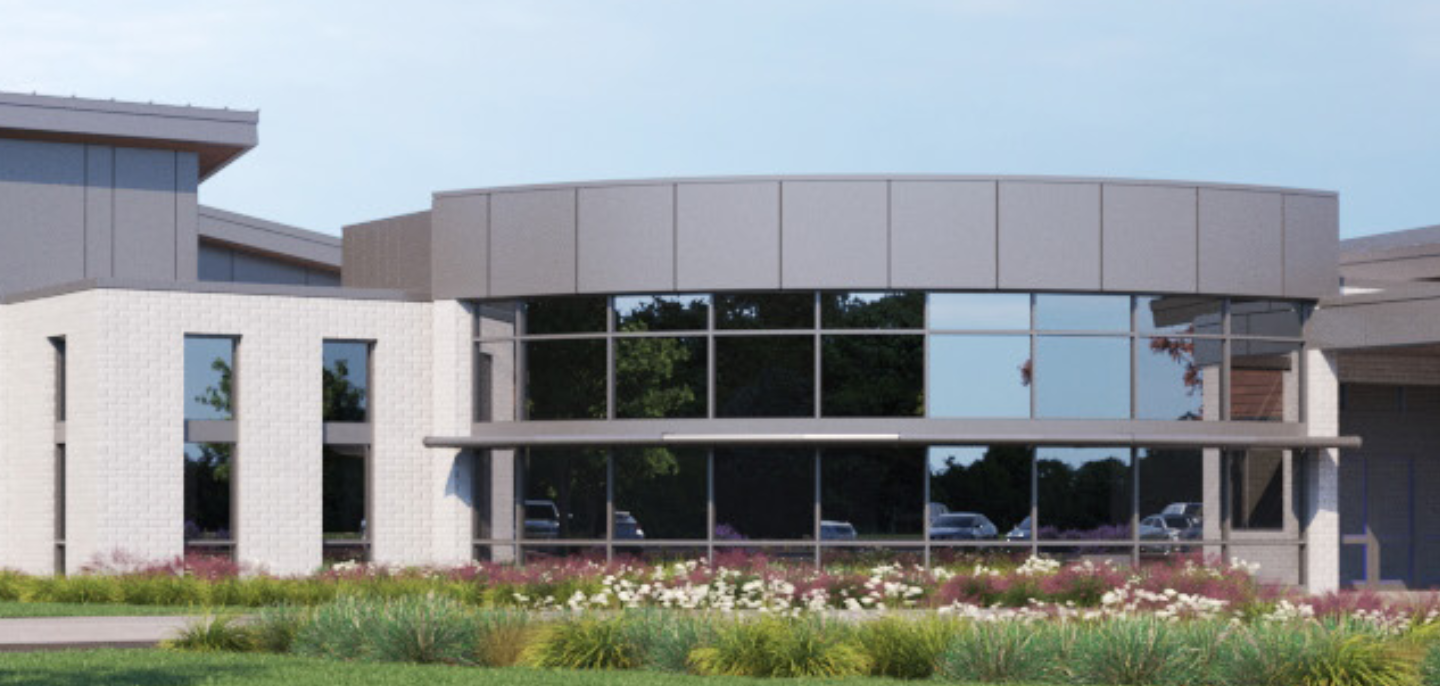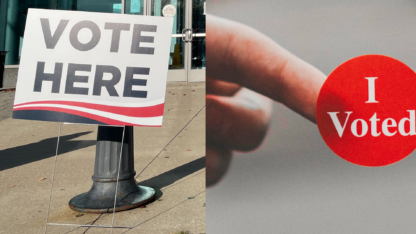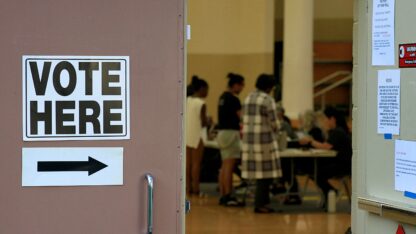DeKalb County voters will have the opportunity to weigh in on millions of dollars in mental-health funding in Tuesday’s municipal elections, with funding dedicated to expanding capacity at the county’s Regional Crisis Center.
The center, which currently has 36 beds, serves DeKalb and other metro counties, including Fulton, Clayton, Gwinnett, Rockdale and Newton, providing treatment and stabilization services for uninsured people with mental health or addiction issues.
The facility has seen a steep increase in clients since 2021, said Shelby Roche, director of crisis services at the DeKalb Community Service Board.
“And we are in desperate need of a new facility to meet the increasing demand of this community as a response to behavioral health crisis,” Roche said.
The proposal on the DeKalb municipal election ballot would earmark $15 million from the county’s special purpose local option sales and use tax (SPLOST) for a new facility designed to more than double the number of patient beds.
“That facility has been in continuous operation for going on over 20-plus years now. And DeKalb County has grown, metro Atlanta has grown, and the capacity constraints are really causing a strain on the overall health system,” said County Commissioner Ted Terry.
“We need to invest in the care model that is going to stop the revolving door and get folks back from crisis stabilization to ultimate recovery or at least ongoing treatment.”
Shortages of bed capacity, crisis services and mental health workforce staff were among the key issues the Georgia Behavioral Health Reform and Innovation Commission has identified through surveys over the last couple of years as the General Assembly continues statewide reforms under the 2022 House Bill 1013, the Mental Health Parity Act.
A recent report also outlined the impacts of a small number of so-called “familiar faces,” people with mental health or addiction issues who cycle through the state’s behavioral health or homeless facilities and the criminal justice system.
The commission’s Familiar Faces Advisory Committee’s recommendations included increasing access to services and supports for this population.
If DeKalb voters approve the crisis center ballot issue, it would be the first time DeKalb has invested SPLOST funding into a mental health facility.
“Right now, the crisis center is at capacity, which is leading towards individuals being sent to emergency rooms, to crisis stabilization beds at Grady or in some situations to the DeKalb County jail, which really isn’t the place for mental health crisis treatment to begin and to be administered,” Terry said.
“We want to see this investment go into something that will be long lasting and the appropriate type of care for those in our community who really don’t have the means or the insurance to cover their mental health needs.”
Other issues on the DeKalb County ballot include several tax-related referendums: one would continue property tax relief for six years for homeowners with a homestead exemption, while another would allocate more sales tax revenues to county projects, such as parks and libraries.
On Election Day this Nov. 7., with voting locations open from 7 a.m. to 7 p.m., DeKalb voters will also decide the mayor’s races in Brookhaven and Stonecrest.
Read more about what’s on the ballot in DeKalb County at WABE.









